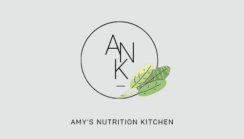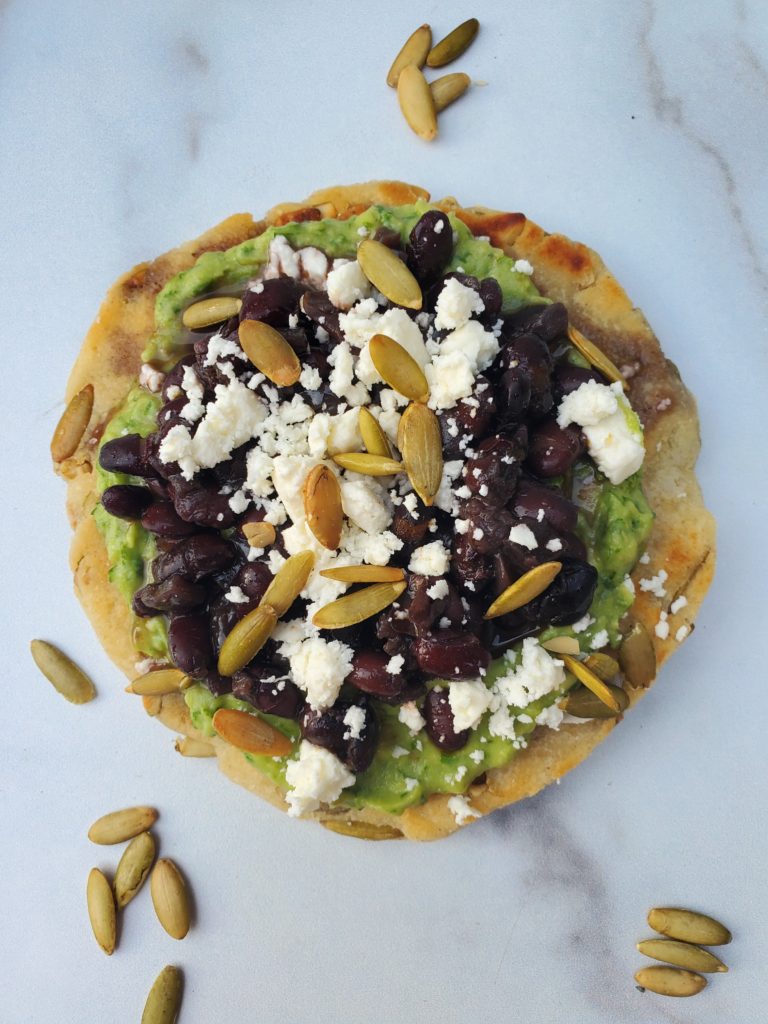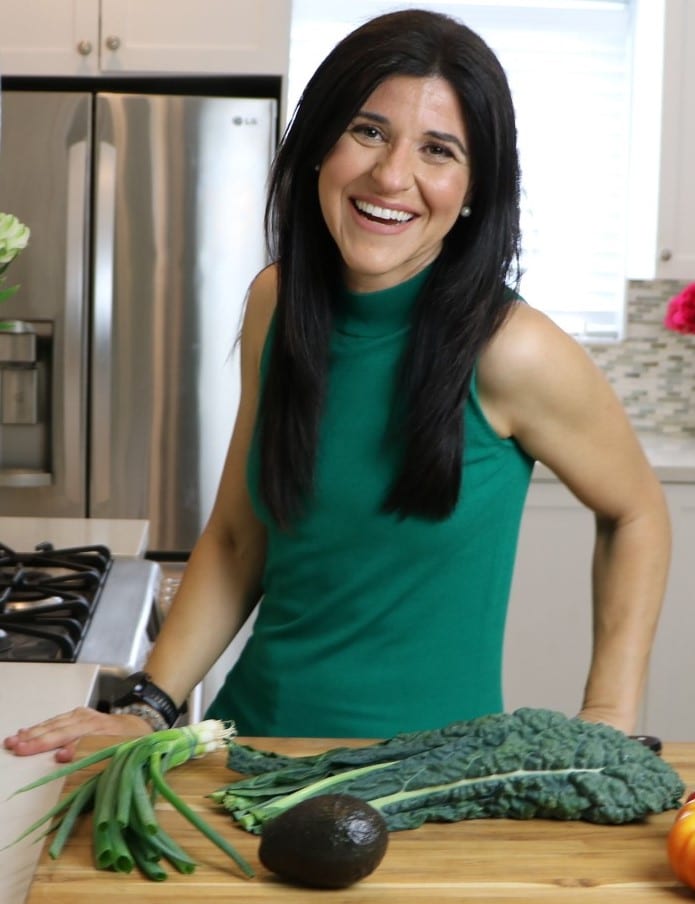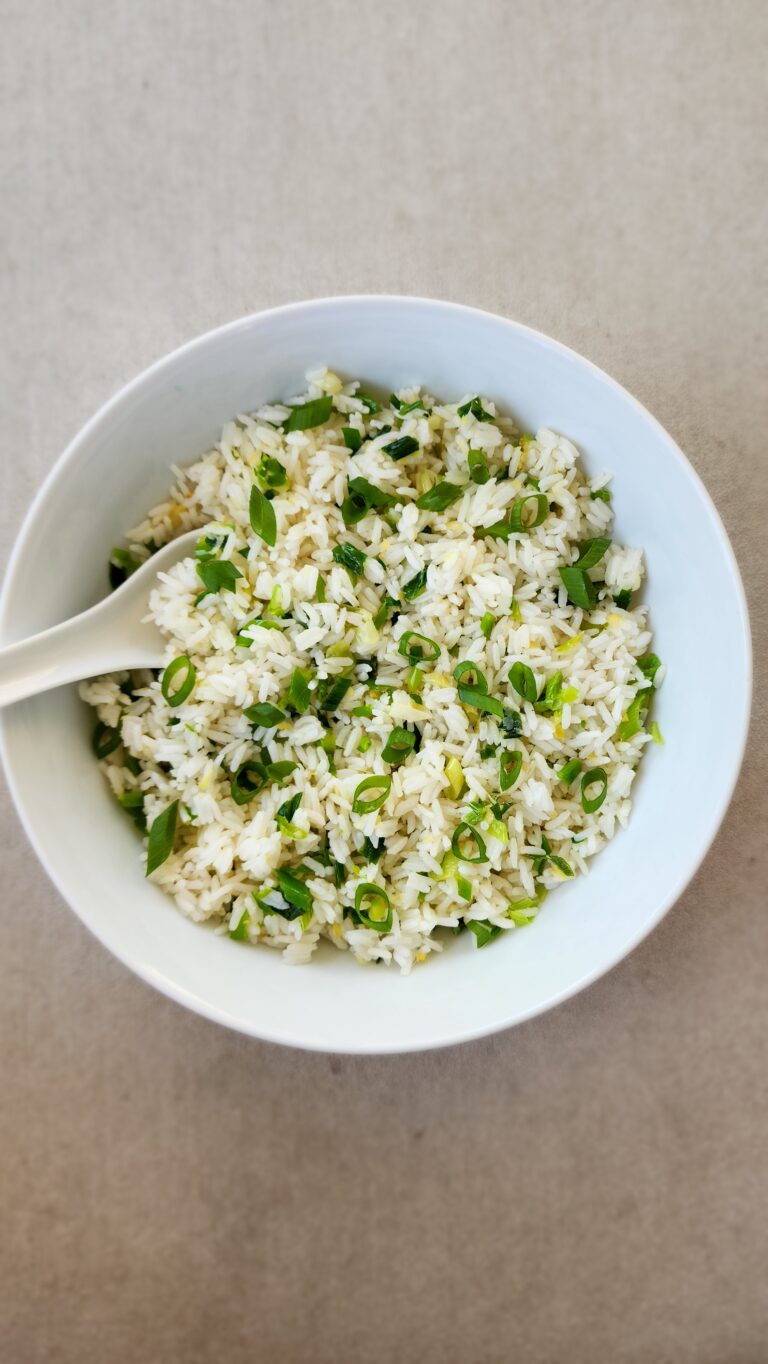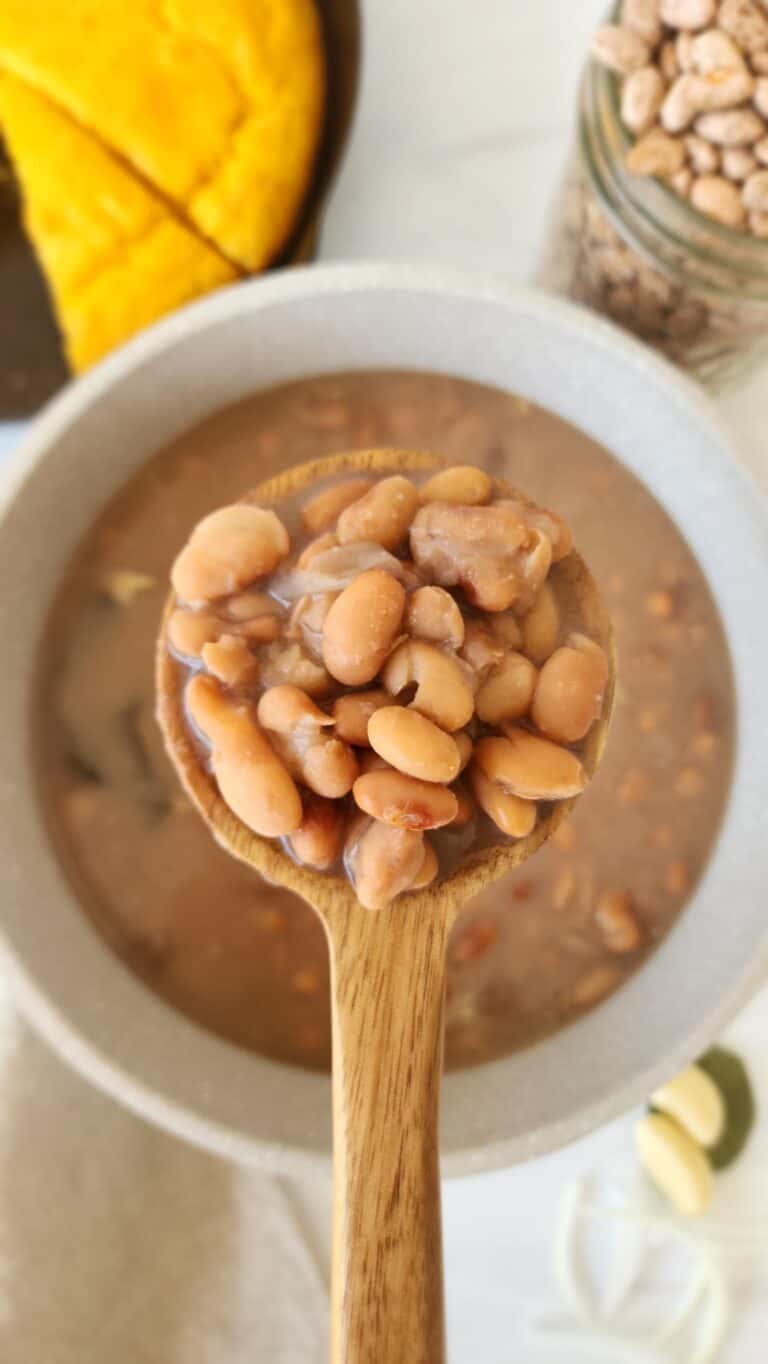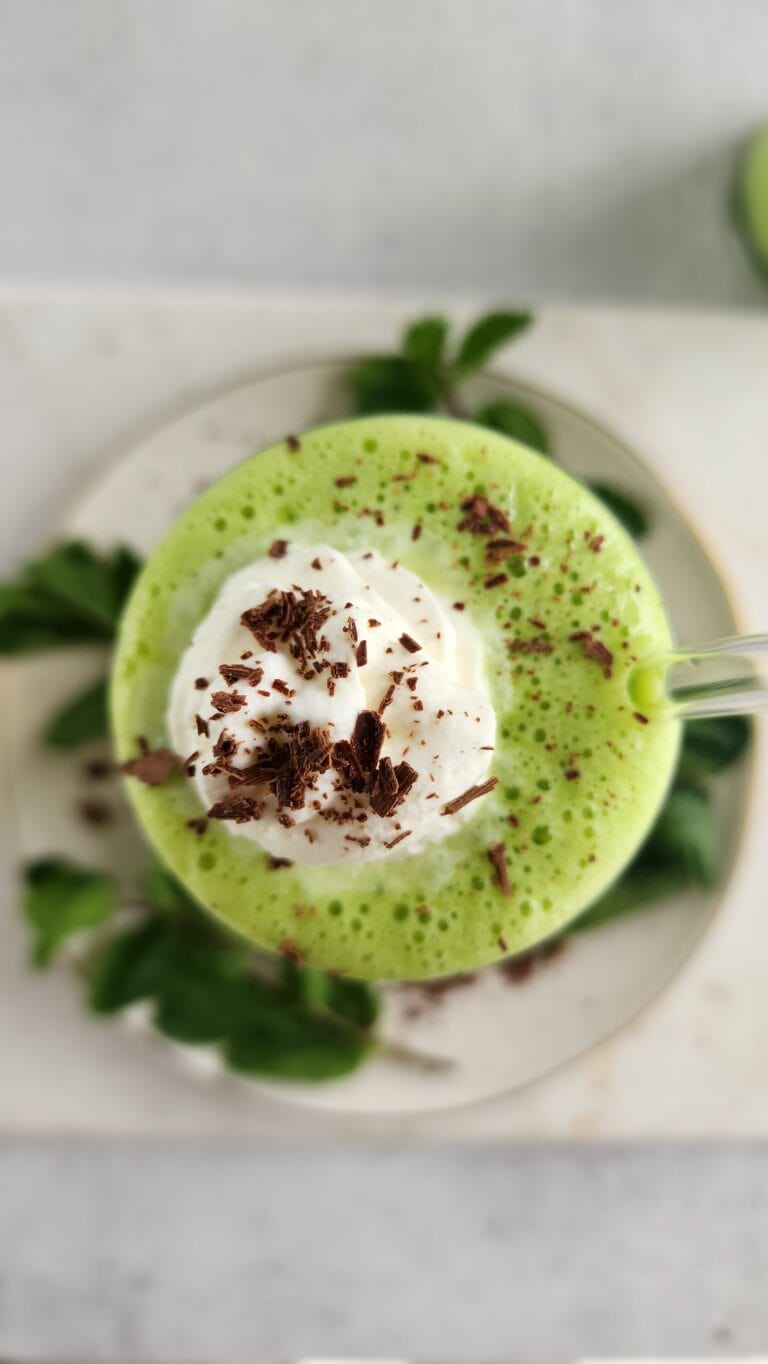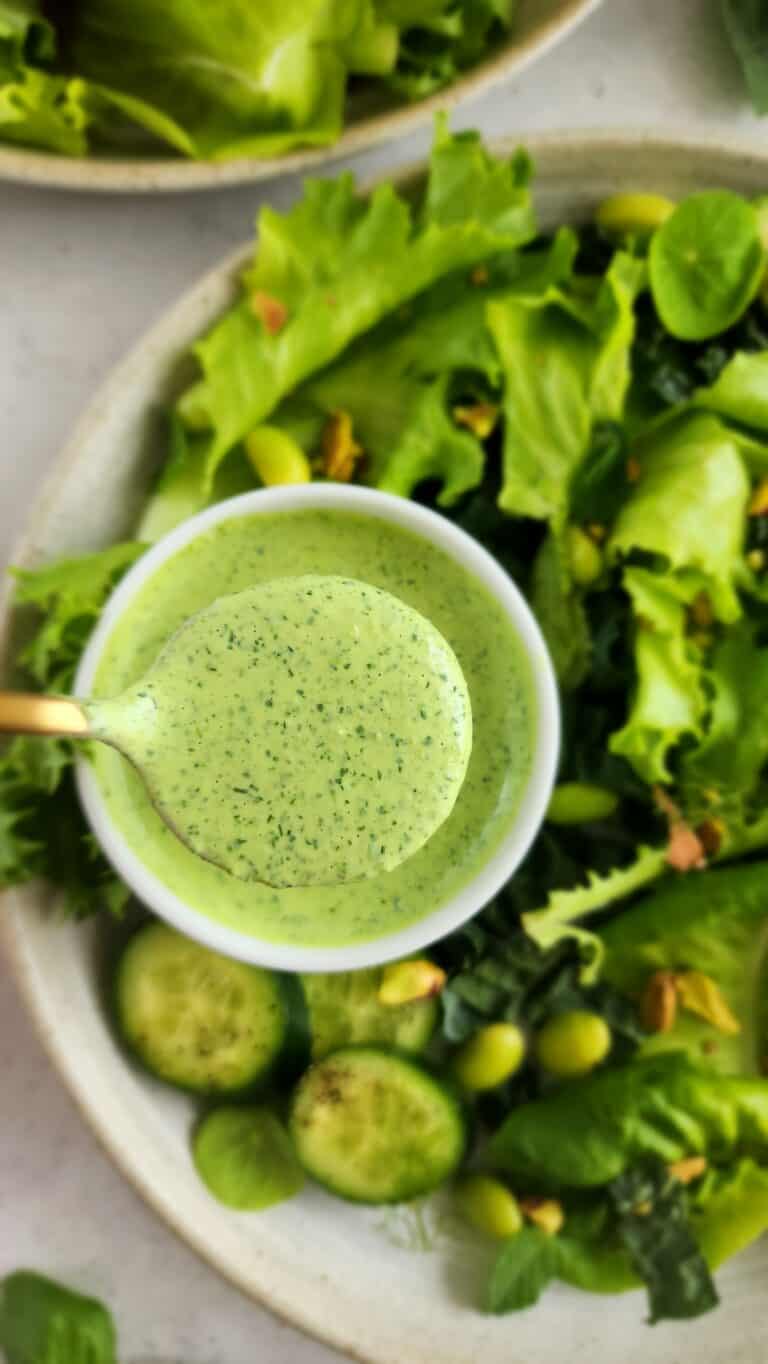I’ve had a little more free-time as of recent and with some of that free-time I’ve been reading. Some books that I’m reading are just for pleasure and some are related to work, nutrition-related. I just finished reading, 10% Happier: How I Tamed the Voice in My Head, Reduced Stress Without Losing My Edge, and Found Self-Help That Actually Works—A True Story by Dan Harris. It’s an easy read and definitely something that everyone can relate to. If you’ve ever thought about meditation and still been unsure of its benefits, here’s a good example of a person that doubted and then believed. Harris says, “Meditation isn’t about achieving some special state; you just need to be as aware as possible of whatever’s happening right then. It’s what the Buddhists means by “letting go” – better translated “letting be.” He gives tips at the end of the book to help someone begin meditating. Meditation takes practice; it’s training our brain’s muscles to become stronger each time we practice. Consistency is key.
The next book that I just finished reading was by George Saunders, Congratulations, by the way. I finished the book in under an hour; it might have only been 15 minutes. It was that quick and short. Saunders gave a convocation address at Syracuse University and a transcript of the speech was posted on The New York Times website. Within days, it had been shared more than one million times. They published it in a book for all to read and be able to share his uplifting message.
“Here’s something I know to be true, although it’s a little corny, and I don’t quite know what to do with it: What I regret most in my life are failures of kindness.”
He shares that kindness it turns out is hard. We all have in each of us a bit of selfishness. Instead of learning this as we age, he challenges us to start now, become kinder and more loving. Always “err in the direction of kindness.”
The next book that I stumbled across as a recommendation to read is, “The Opposite of Loneliness” by Marina Keegan. 5 days after her graduation in 2012, she died in a car crash. Her last essay that she wrote for the Yale Daily News, “The Opposite of Loneliness,” went viral. Her family and friends compiled her essays and stories together in this book. I’m still in the middle of reading the book; however, I know that she was super talented and taken far too young.
I request books at the library and when they come in I always get excited. Mainly because the waiting list is so long I often forget what I’ve requested. Yesterday, it was VB6 Eat Vegan Before 6:00 by Mark Bittman. I’m always looking for books within the field of nutrition to see what might be the latest craze. It’s important to keep up on the “latest” information circulating in the field of nutrition. Nutrition is a science and it is ever evolving as new research is being done. With so much information circulating related to these studies that’s where confusion sets in. I requested this book because Bittman lays out a 28-day eating plan that would allow one to “go vegan.” He shows you how to stock your pantry, gives you strategies for when you are eating away from home, and even provides you with 60 recipes that would allow you to embrace this vegetable- and grain-forward diet. If he was making it sound this easy and also giving the scientific background as to what the benefits were I thought it was a definite book I needed to check out. I wanted to see if it was practical and based on actual research or if it was just another one of those books that people would deem to be a “fad” diet. Ironically yesterday a friend posted a link on Facebook to an article about a 78-year old vegan bodybuilder. He only became vegan within the last 12 years. By looking at him you’d think he ate meat – and hence the reason this article was written, to dispel the protein myth that commonly plagues vegans and vegetarians. Can you get enough protein from plant sources? The article stated that, “this 78-year old vegan bodybuilder might make you reconsider your diet.” My friend said he’d give it a try, BUT if he saw a little piggy coming his way, he might attack.
As a dietitian (or as I prefer to think of myself, a Medical Nutrition Therapist) and practicing pescatarian I’m here to tell you, “YES!” Eating a plant-based diet can give you enough protein. Many of you are out there thinking, “I like a good steak every now and then. I don’t think I could give up meat.” I always tell people to keep things in perspective. No one ever said to give it up completely (at least I never tell clients that). But what I do encourage is for people to take a step back and look at the amounts that they’re consuming. We’re consuming WAY too much protein in this country and more specifically the kind of protein that’s harmful to our health. Many people choose to go vegetarian or vegan for health-related reasons. The research shows that people who follow a vegetarian diet are at a lower risk for obesity, cardiovascular disease, hypertension, type 2 diabetes, diverticulosis, renal disease, some cancers, and gallstones. Vegetarian diets have also been show to benefit people who already have type 2 diabetes. In one study, 43% of the people with type 2 diabetes who ate a low-fat vegan diet reduced their need for diabetes medications. The reason for these health benefits comes from the lower intakes of saturated fat and cholesterol and the higher intakes of complex carbohydrates, dietary fiber, certain minerals, and phytochemicals.
First, let’s take a look at how much protein one needs and then see how easy it is to get too much protein. Again, my challenge to you is this, check to see how much protein you’re ingesting during the day. Check to see if you can alter not only the amount of protein but also the source, substituting plant based protein for some of the animal protein. Minimally I tell people to cut back on the amount that they’re doing. And if you are one of the few that actually isn’t getting enough protein, make sure that you are – eliminating animal protein is one thing, but regardless you still need to make sure you’re receiving a sufficient amount.
I’ll make up a typical day’s diet and analyze the amount of protein in each food. (These are just rough estimates, there may be less or even more). The average American needs just a gram/kg of protein/day. There are certain circumstances that may require more (if you’re working out a lot, pregnancy, etc.) but the maximum amount I’ve suggested is 1.5 grams/kg. If we used someone my size that would mean my protein needs are minimally 58 grams/day and maximum 87 grams/day. So let’s take a look at how quickly the protein can add up:
Breakfast:
1 cup of milk – 8 grams of protein 2 slices of whole wheat bread – 8 grams of protein 2 eggs – 14 grams of protein Total: 30 grams of protein
Lunch:
1 cup brown rice – 4 grams of protein 4-ounce chicken breast – 28 grams of protein 1 cup stir-fried vegetables – 2 grams of protein Total: 34 grams of protein
Dinner:
4-ounce ground beef, lean – 28 grams of protein 1 cup whole wheat pasta – 8 grams of protein 1 cup of spinach – 2 grams of protein 1 slice of garlic bread – 2 grams of protein Total: 40 grams of protein
For the whole day: 104 grams of protein, well exceeding the daily needs of a person my size (and I didn’t even include snacks in this day’s example). If I had this person in my office and was counseling them on how to make changes, I’d encourage them to eat a smaller portion of the animal protein. Just by cutting back an ounce or two at each meal you’d cut back ~28 grams of protein and that’d put you within the recommended amounts. If you’re cutting back on the protein at your meal that’s where utilizing vegetables as part of your meal will help to fill you up but also provide more fiber and vitamins and minerals that often times are lacking. If you were to switch out the animal protein and utilize plant protein as your protein source, it’s a little easier to cut back on total protein amounts. In a ½ cup of beans there are 5 grams of protein (some beans have less, some have more – this is the average). In an ounce of nuts there are 6 grams of protein. You’d still be able to obtain the protein you need during the day but the protein source is from a plant and is overall healthier – and you don’t have to concern yourself with saturated fat or cholesterol.
Here are some plant-based food choices if you’re wondering how to switch from animal based protein to plant-based protein:
- Soy milk (plain or unsweetened)
- Soy-based cheese
- Soy-based yogurts
- Tofu (silken, firm, or extra-firm curds)
- Tempeh (fermented soy)
- Seitan (wheat protein)
- Beans
- High-protein grains (millet, quinoa, etc.)
- Nuts/nut butters (They should be natural and not have added oils like palm oil or sugar for that matter)
The research shows that plant-based diets are associated with:
- Lower levels of triglycerides
- Lower concentrations of inflammatory markers such as C-reactive protein
- Decreased body weight and body mass index
- Decreased risk of death from any cause, including heart disease
- Improved insulin sensitivity
- Better blood sugar control in patients with diabetes
Where should one start in this whole protein debate? My recommendation: check to see how much protein you’re getting daily, regardless of the source. It’s always good to put things in perspective. Are you getting what your daily requirements are? Are you getting double or triple what the recommendations are? Or maybe you’ve been switching over to becoming vegan and actually aren’t getting enough? If you choose to go the vegetarian/vegan route and obtain your protein from plant sources, know that you CAN get a sufficient amount of daily protein from plant sources. Whichever source of protein you choose to include, animal or plant, follow the recommended guidelines. Extra protein will not help you build more muscle or make you stronger.
